A quarter-century has passed since then, and looking at the names on Billboard's list of the greatest pop music stars of the 21st century so far, it's clear how digital music culture has shaped
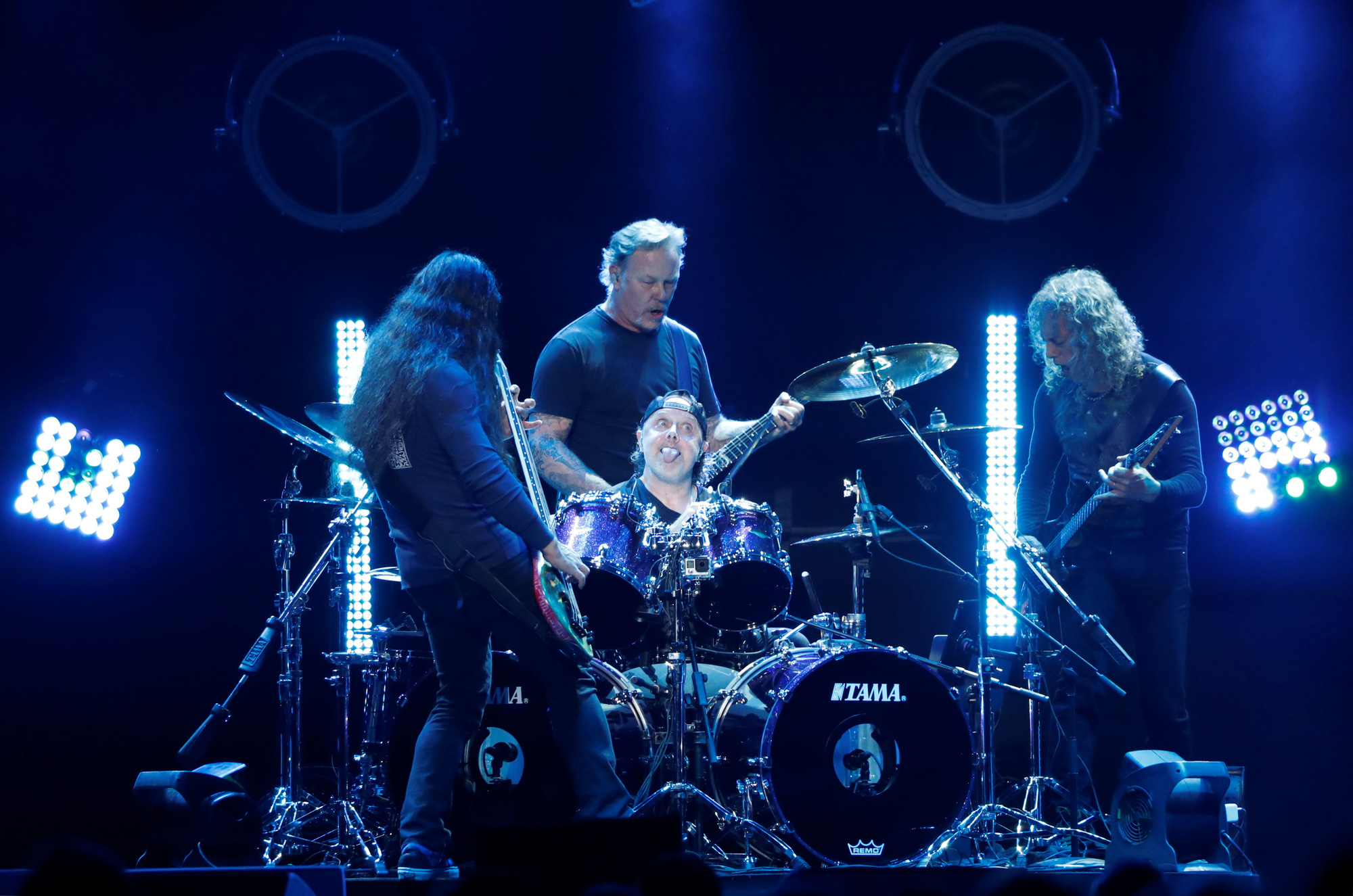
Metallica - Photo: Reuters
On April 13, 2000, the rock band Metallica filed a lawsuit against Napster - the first platform in history to share free music in MP3 format without requiring copyright.
Napster only started operating in mid-1999 and had to close down by 2001. In just two years of operation, Napster's appearance signaled a new era: digital music.
Born around the turn of the century, Billie Eilish uploaded the song Ocean Eyes to Soundcloud - without promotion, without any record label behind it - but in a short time it went viral.
Billie Eilish - Ocean Eyes
Billie Eilish's tech-based success is a model for contemporary artists.
Even Taylor Swift, a more classic artist who in 2014 pulled her entire music catalog from Spotify because streaming platforms were too dismissive of her music, ended up returning to Spotify three years later with a streaming-only strategy.
It is impossible to dream of becoming great in this age without standing on the shoulders of technology giants.
The relative democracy in technological means is also the basis for decentralizing music.
Billboard's list reflects a pop culture where English is starting to be diluted, with the presence of Korean boy band BTS and Puerto Rican rapper Bad Bunny.
Although it was born in the 1990s, it was in the 21st century that K-pop gradually challenged the dominance of the Western music entertainment industry, fighting against all the old jokes and prejudices that K-pop was just flashy, silly industrial music for teenage girls with no taste.
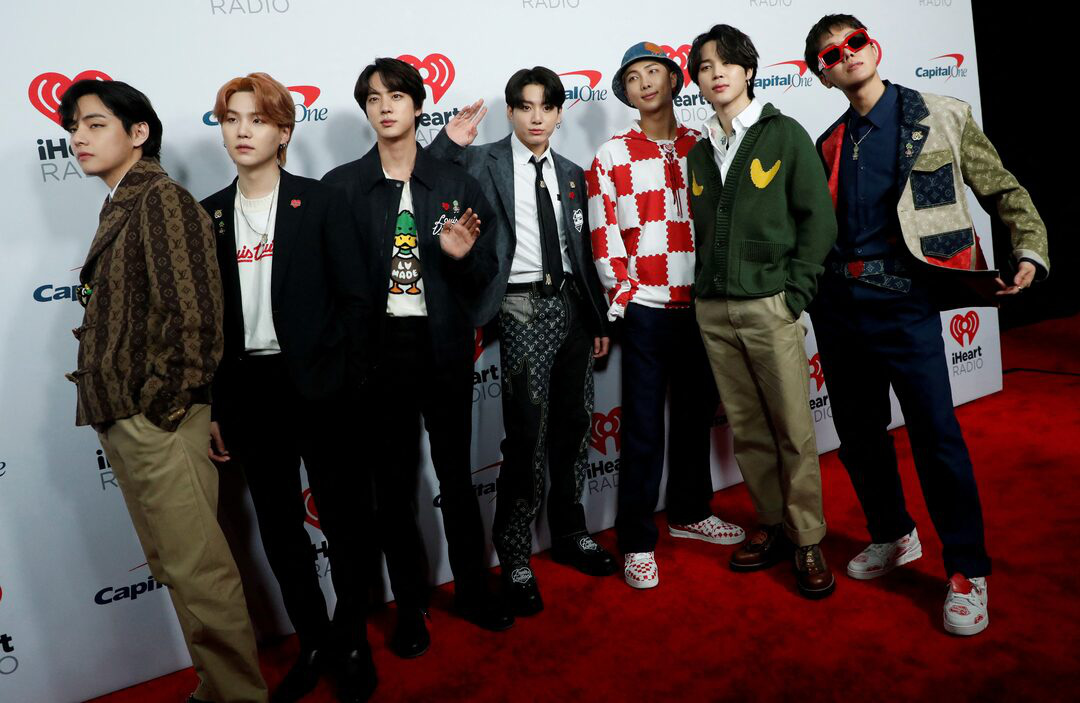
BTS also made Billboard's list, despite not singing in English.
Language barrier? Not a problem in the age of visual storytelling music videos , with YouTube subtitles readily available if desired.
Decentralization is also reflected in a music scene where, very often, when listening to a record, it is difficult to determine exactly what genre of music it is.
"I have favorite artists in every genre of music you've ever heard of (...) Whether it's R&B, dance, country, rap, zydeco, blues, opera or gospel, they all influence me in some way," Beyonce, who ranked No. 1 on Billboard's list, once shared in an interview.
Beyoncé, more than anyone, is a queen in a music world where borders are melting, boundaries are only theoretical.
From the time she first separated from Destiny's Child to pursue her own career with Dangerously in Love to the album Cowboy Carter, considered the "masterpiece" of popular music in 2024, Beyoncé has turned music into her laboratory, where she constantly throws a series of unrelated elements together to see what their chemical reactions are and from alchemy refines pure gold.
However, that does not mean that absolute victory belongs to the experimental musicians. There is still a place for relatively pure, classical music with simple formulas that always work if each step is good.
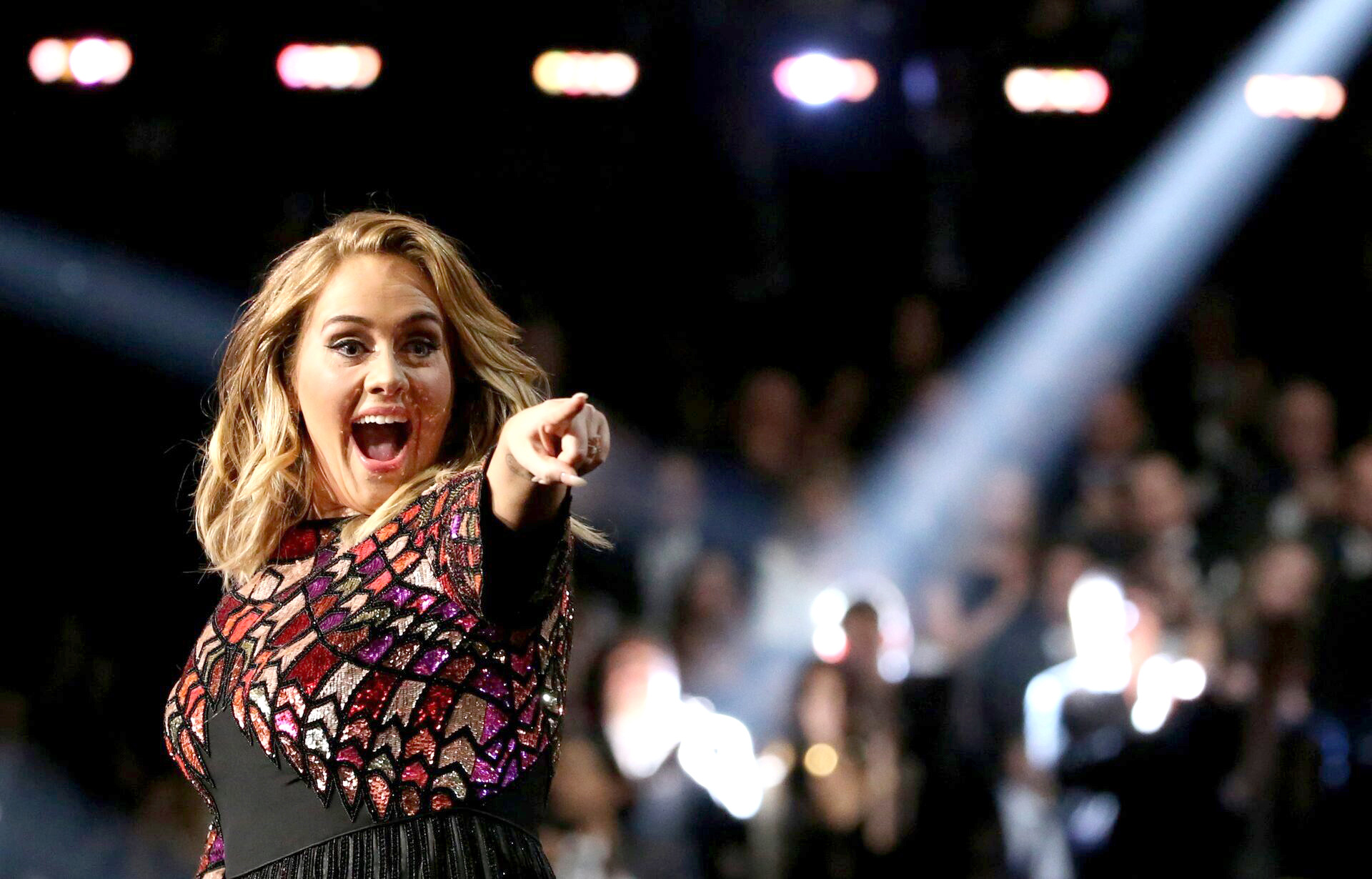
Soulful love songs, a beautiful voice and that's enough for Adele to become an icon over the years - Photo: Reuters
Adele has never needed special music videos or eye-catching choreography or to appear all over social networks, and is even often teased by fans as lazy because she often mysteriously disappears; but Adele shows that there is still room for people who are almost exclusively loyal to music as music.
The first 25 years are over. So what will music be like in the next 25?
Perhaps there will be AI and virtual reality; perhaps there will be retro trends—like Lady Gaga singing jazz or The Weeknd bringing 80s synth-pop to music; perhaps more non-English-speaking artists will emerge as new forces. But perhaps there will be unexpected things.
 Metallica band sets world record
Metallica band sets world recordSource: https://tuoitre.vn/sao-am-nhac-dai-chung-vi-dai-nhat-the-ky-21-billboard-goi-tu-adele-taylor-swift-den-bts-20241215093239888.htm







![[Photo] Hanoi morning of October 1: Prolonged flooding, people wade to work](https://vphoto.vietnam.vn/thumb/1200x675/vietnam/resource/IMAGE/2025/10/1/189be28938e3493fa26b2938efa2059e)






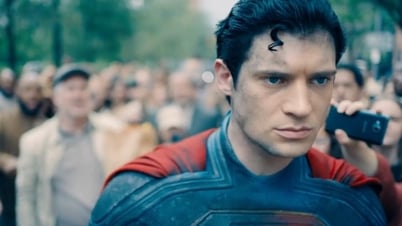





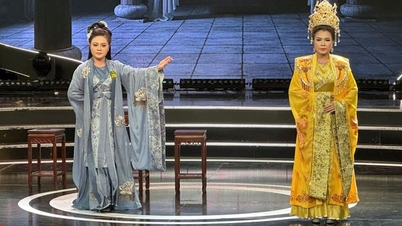
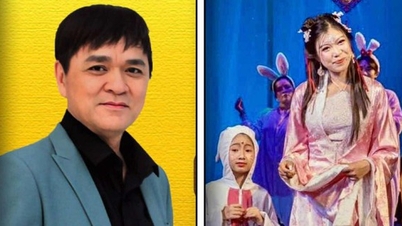














![[Photo] Panorama of the cable-stayed bridge, the final bottleneck of the Ben Luc-Long Thanh expressway](https://vphoto.vietnam.vn/thumb/1200x675/vietnam/resource/IMAGE/2025/9/30/391fdf21025541d6b2f092e49a17243f)
![[Photo] The 1st Congress of Phu Tho Provincial Party Committee, term 2025-2030](https://vphoto.vietnam.vn/thumb/1200x675/vietnam/resource/IMAGE/2025/9/30/1507da06216649bba8a1ce6251816820)
![[Photo] President Luong Cuong receives President of the Cuban National Assembly Esteban Lazo Hernandez](https://vphoto.vietnam.vn/thumb/1200x675/vietnam/resource/IMAGE/2025/9/30/4d38932911c24f6ea1936252bd5427fa)




































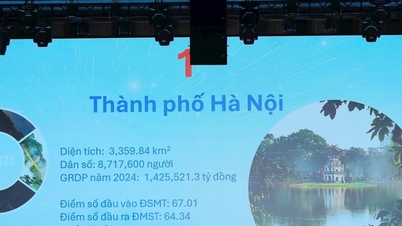




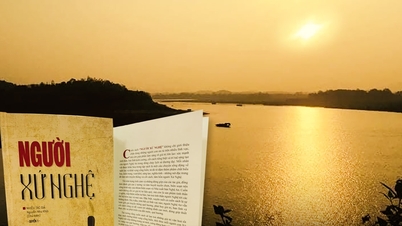



















Comment (0)